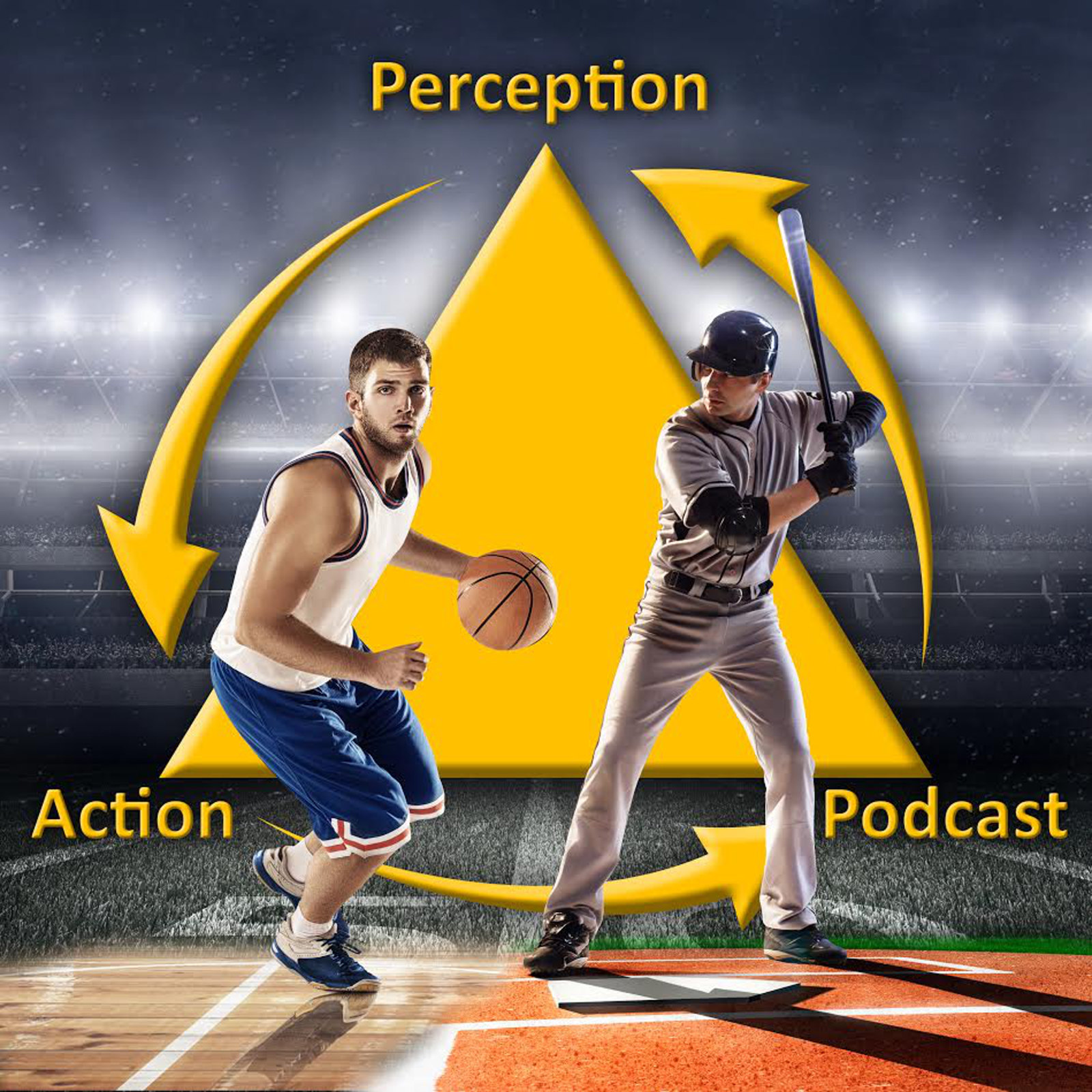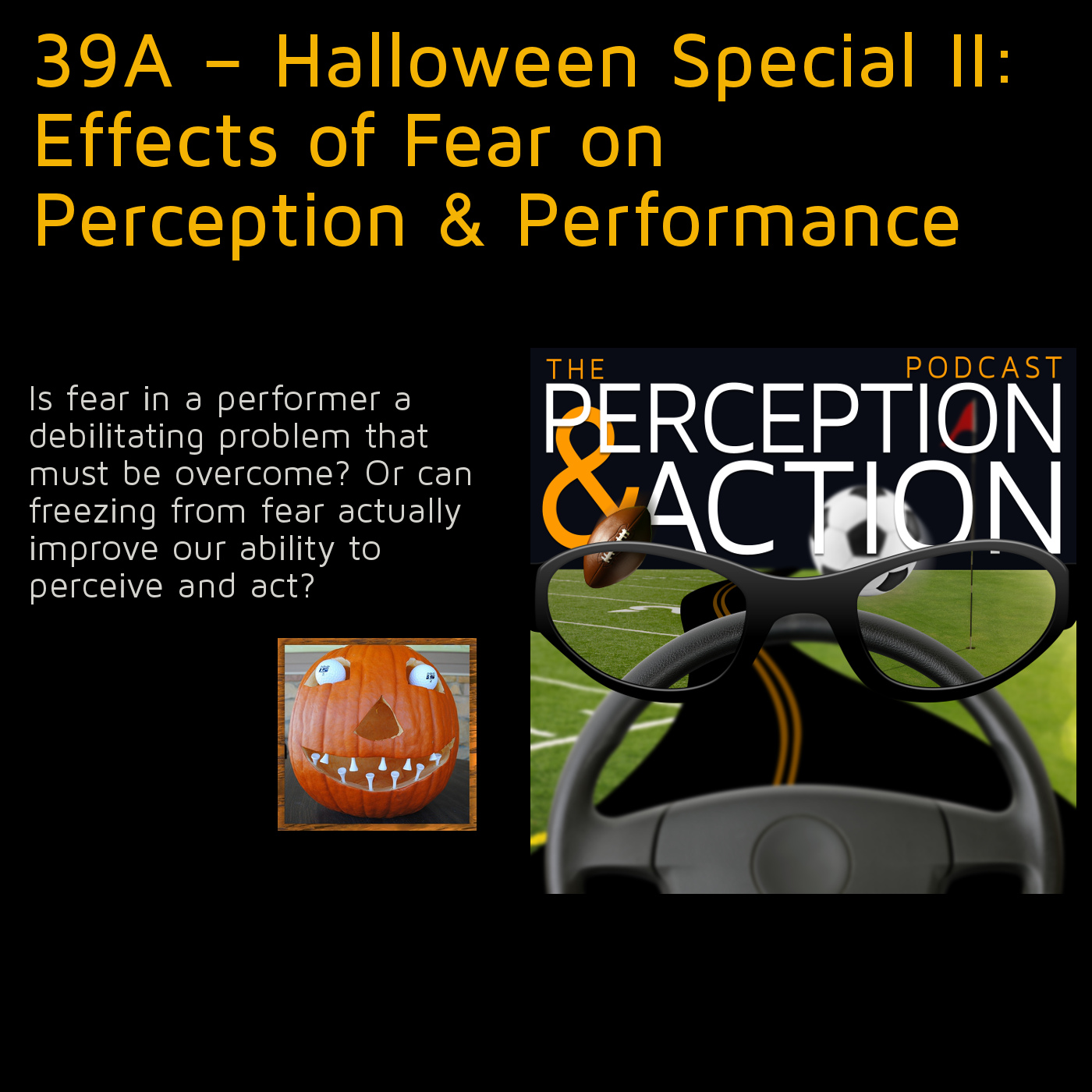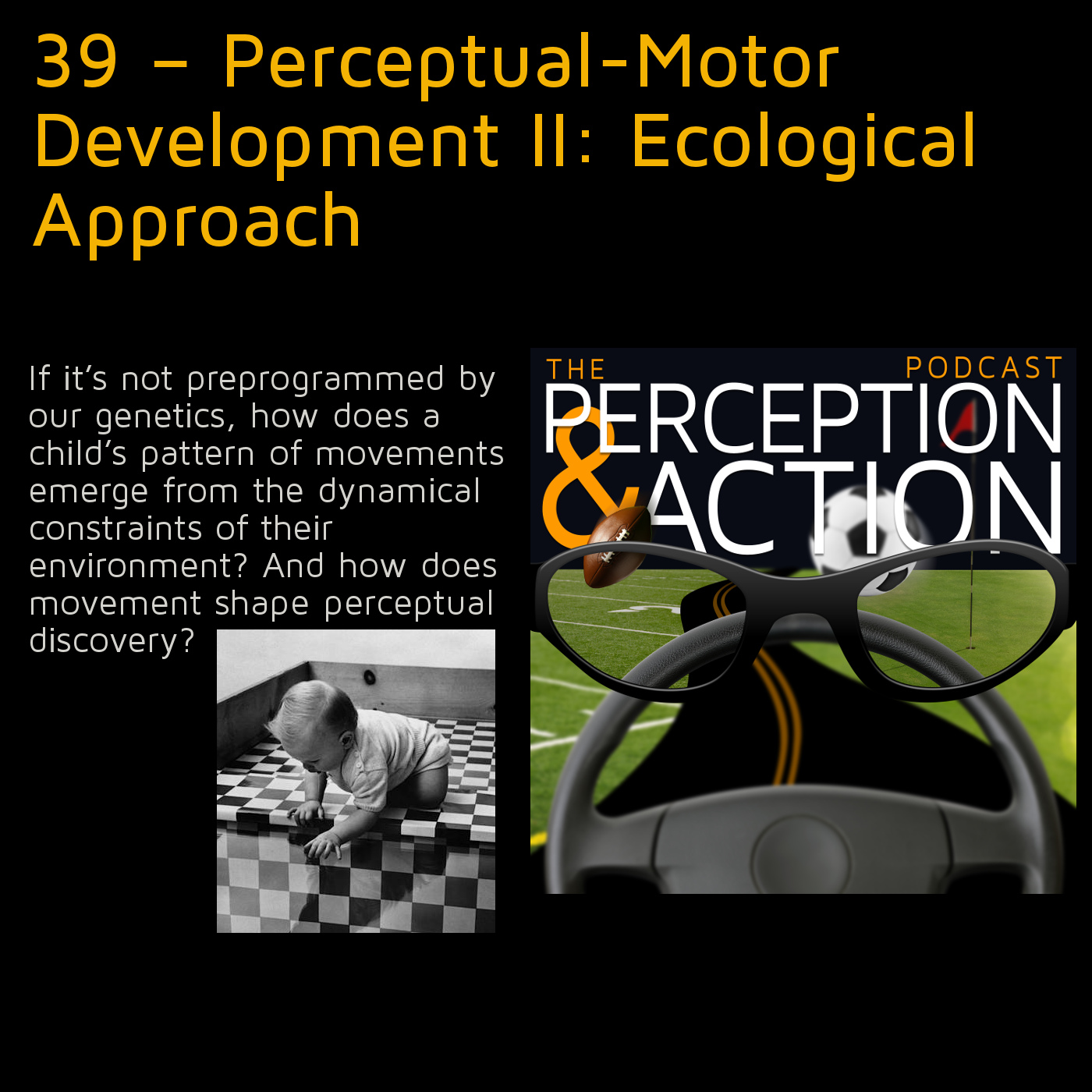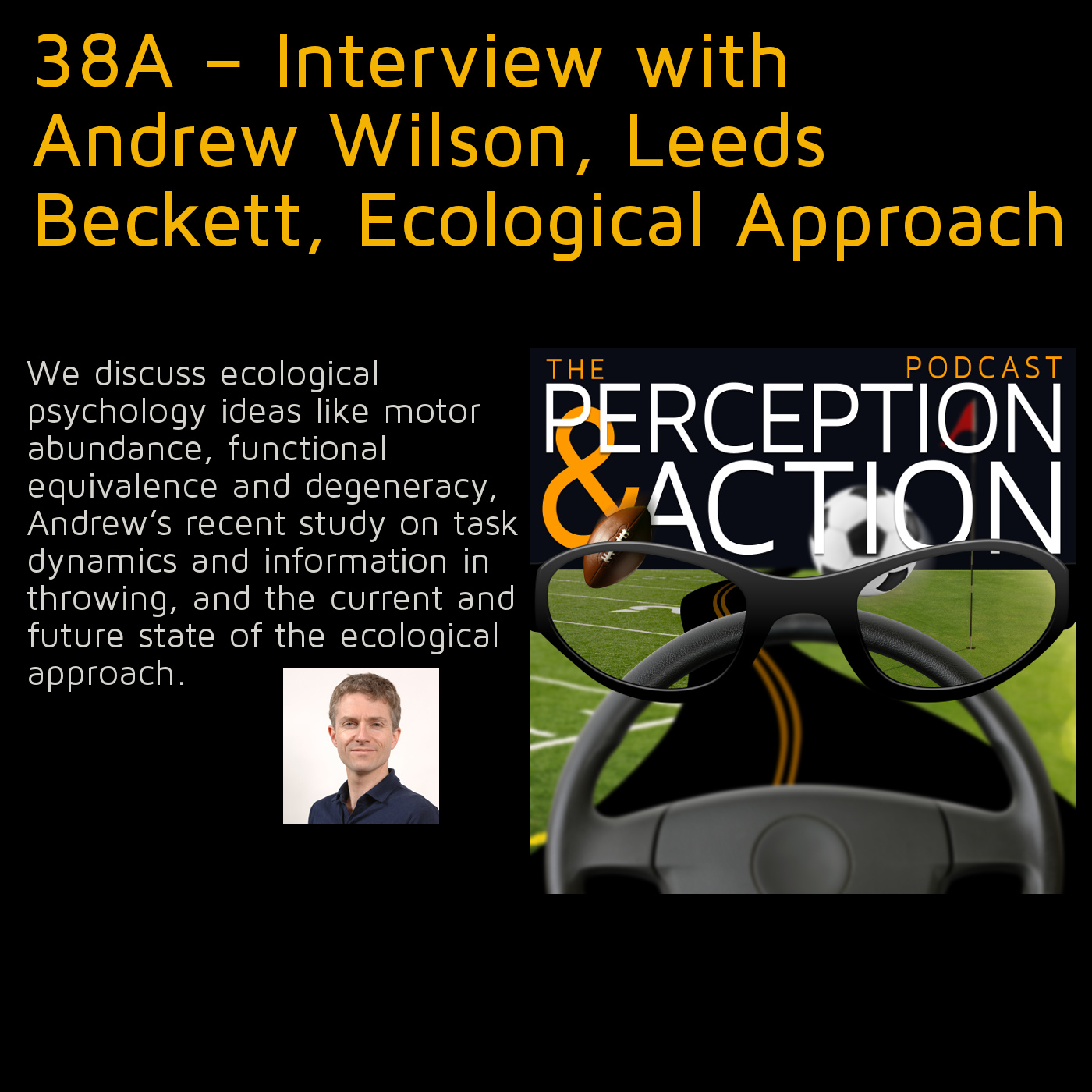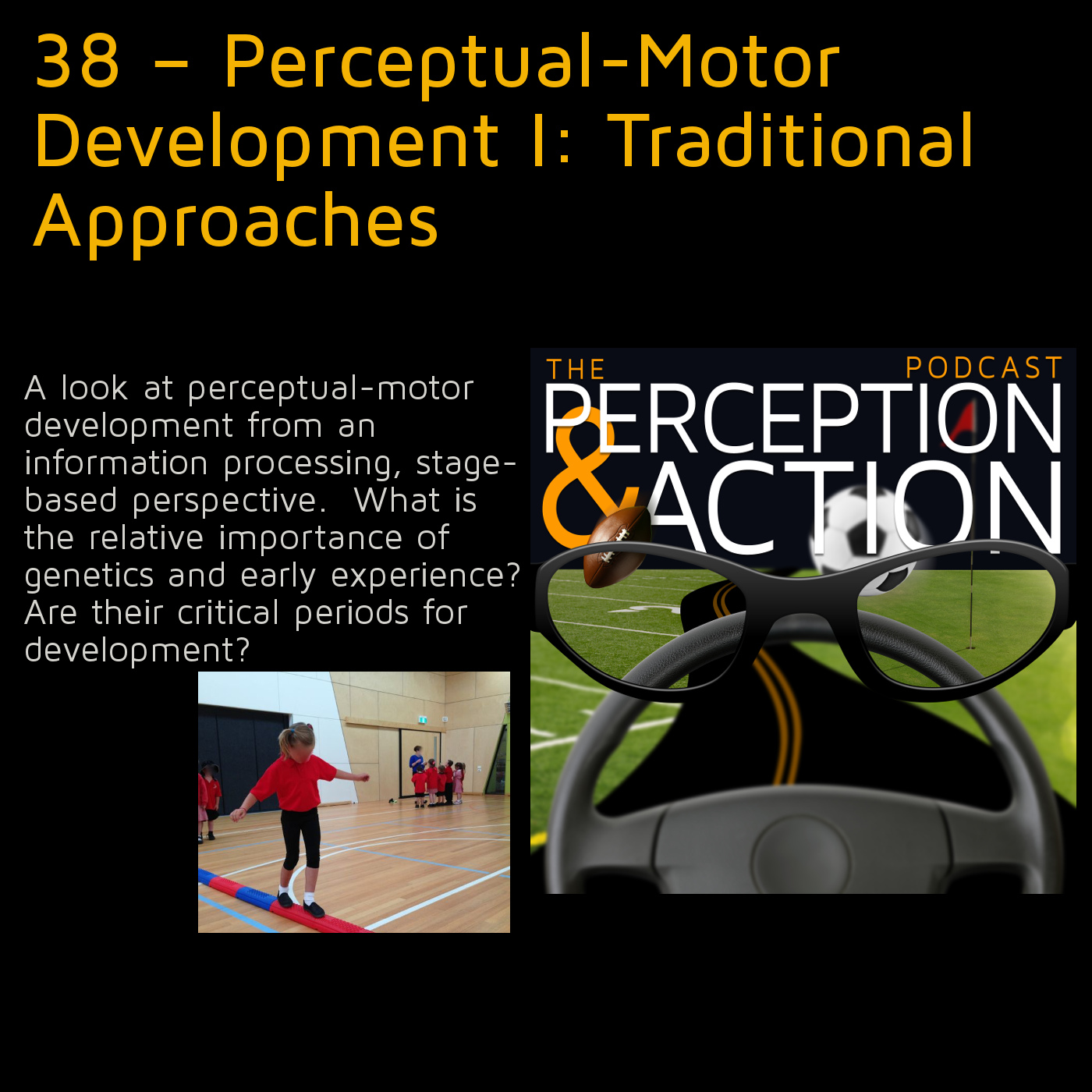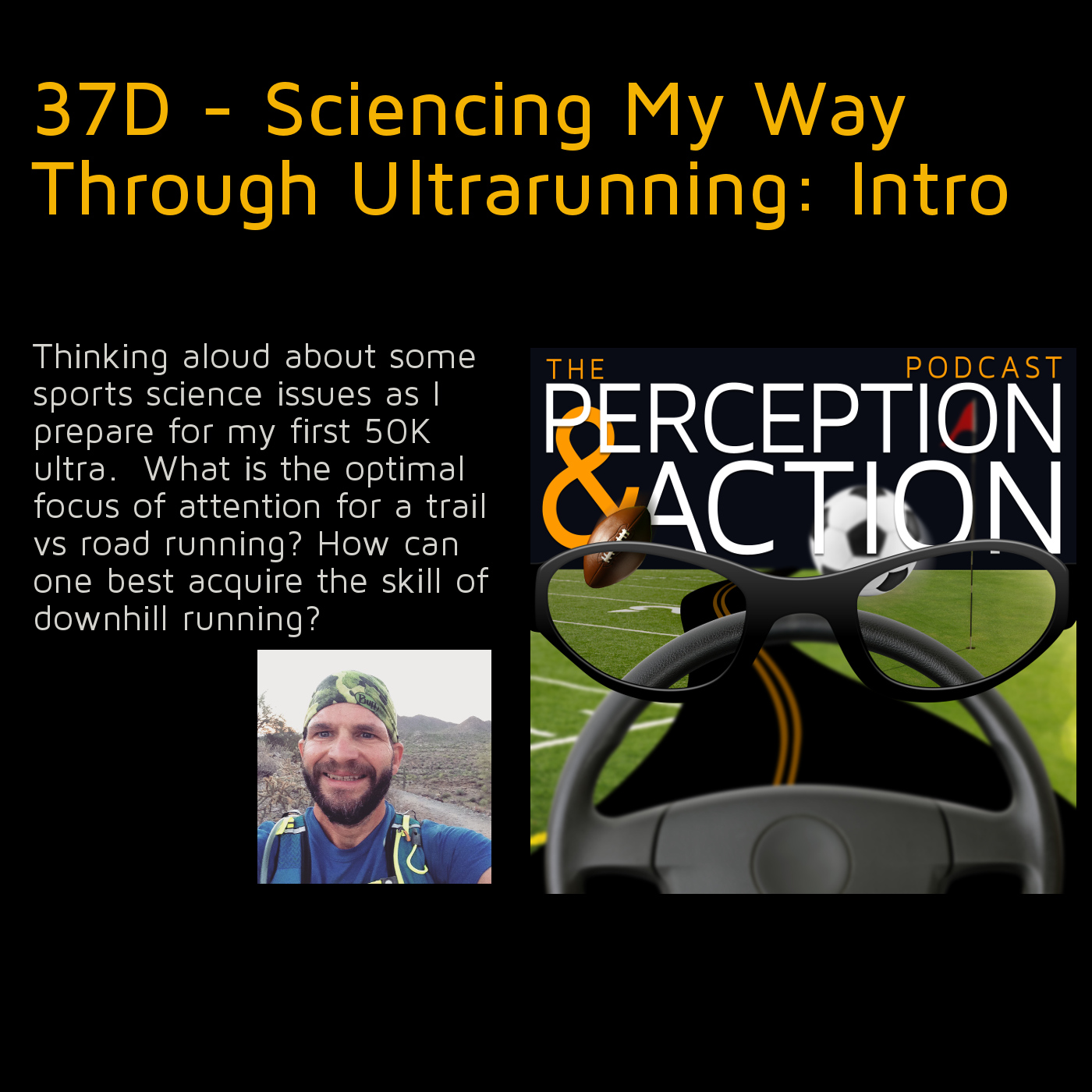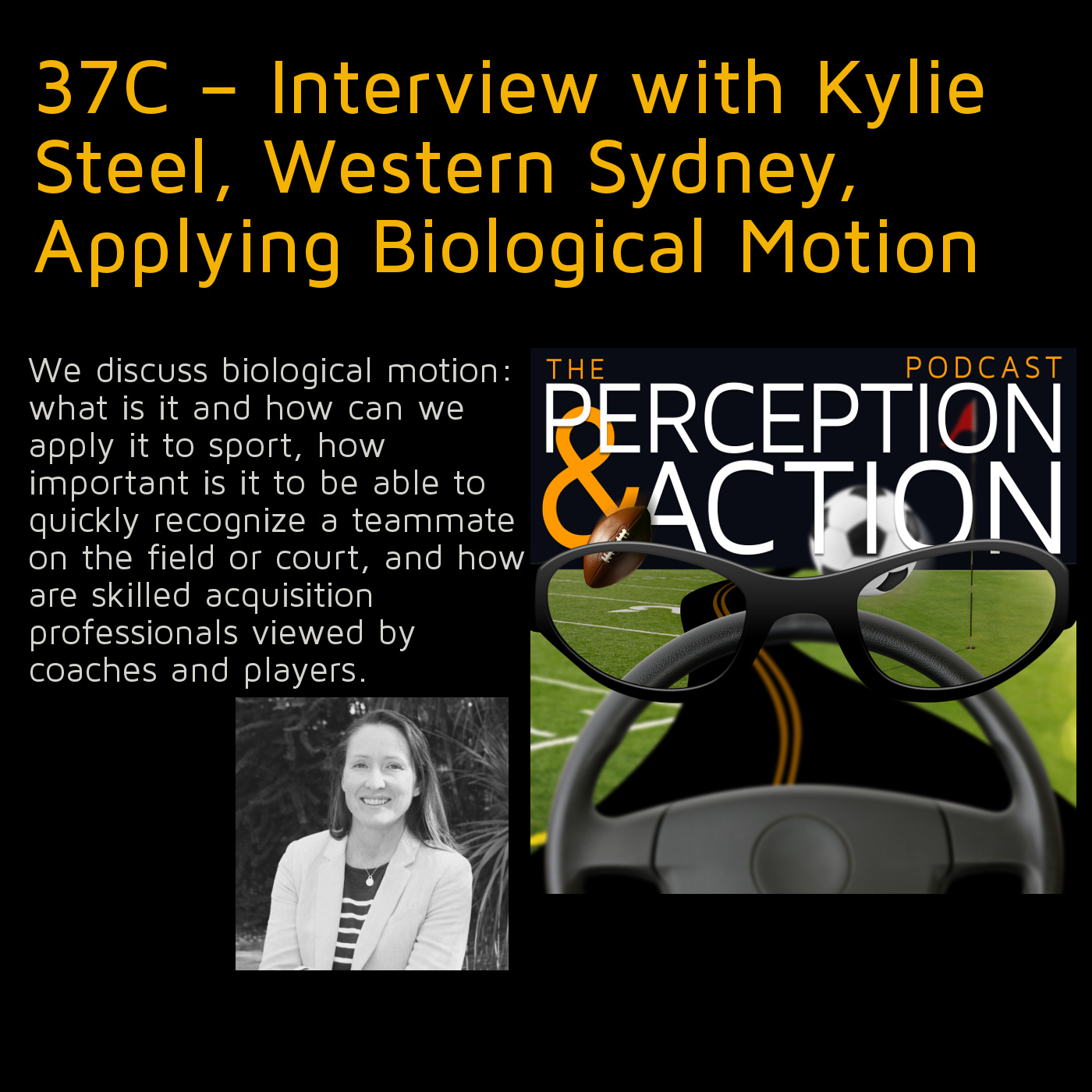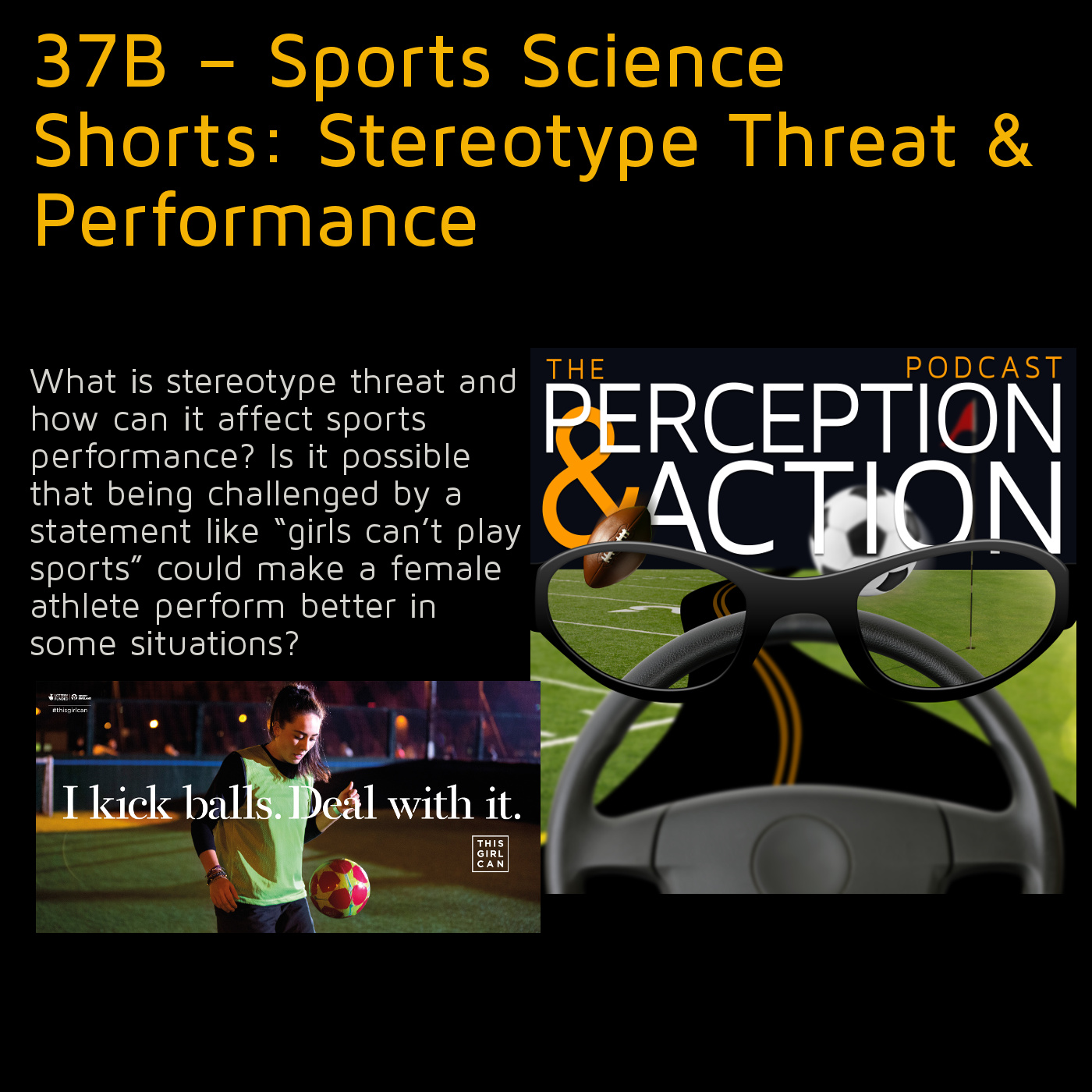39A – Halloween Special II: Effects of Fear on Perception & Performance
39A Is fear in a performer a debilitating problem that must be overcome? Or can freezing from fear actually improve our ability to perceive and act? Download link Articles: Ready and waiting: Freezing as active action preparation under threat Simulated self-motion alters perceived time to collision Freezing promotes perception of coarse visual features Seeing fearful…
Read More